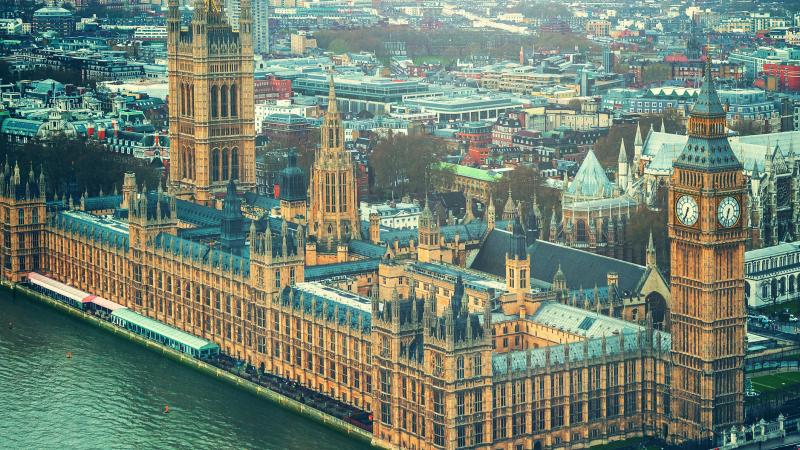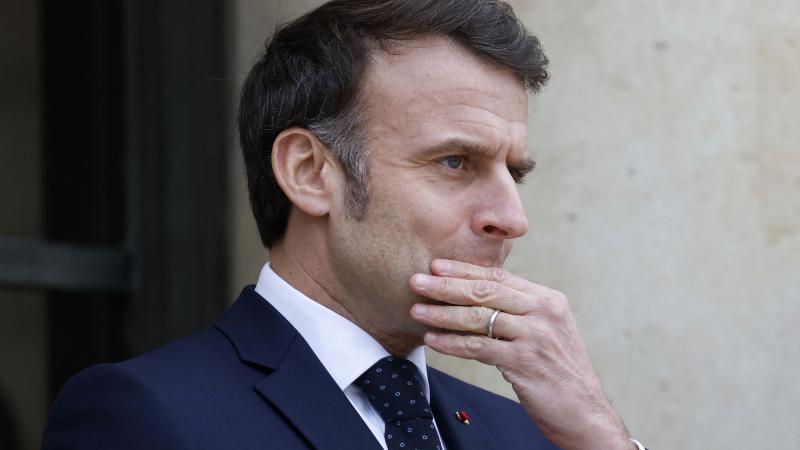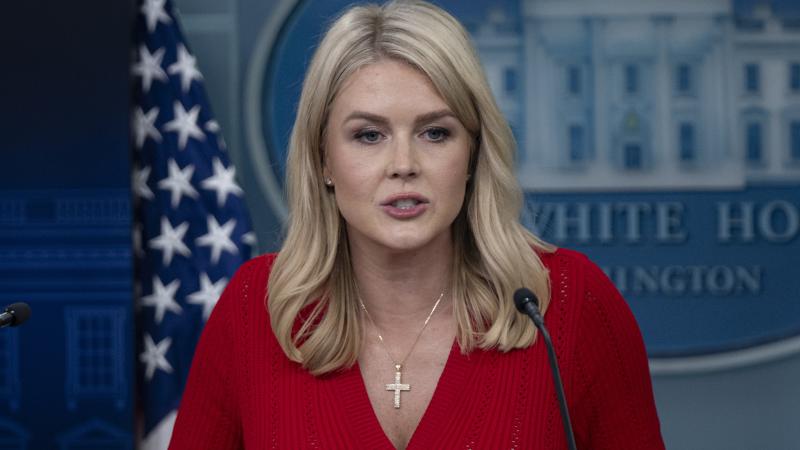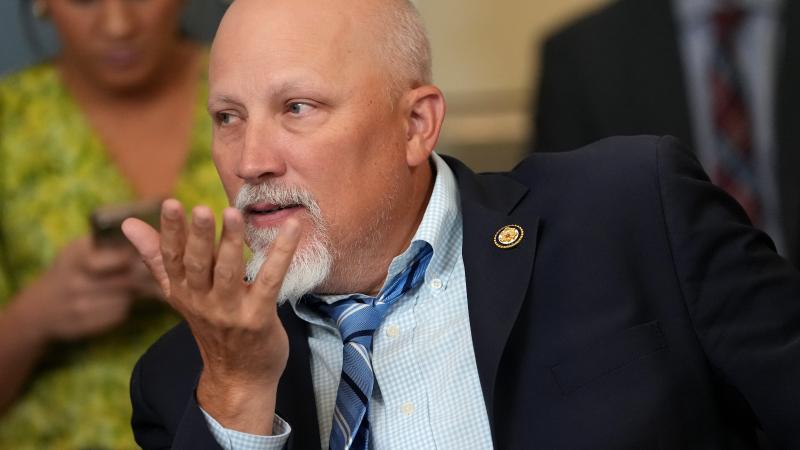Brexit deal: 'amazing moment' or 'divide down Irish Sea between Great Britain and Northern Ireland'?
One consequence of final withdrawal deal is that a large part of the U.K. will remain subject to E.U. regulations.
At 12:25 a.m. on Thursday morning, Queen Elizabeth II granted Royal Assent to the European Union (future relationship) Bill, which passed the U.K.–E.U. agreement into law.
One consequence of this latest withdrawal deal is that a large part of the U.K. will remain subject to E.U. regulations.
Ben Harris-Quinney, chairman of the Conservative think tank The Bow Group, wrote: "There is now a divide down the Irish Sea between Great Britain and Northern Ireland."
The British government downplayed this arrangement as an administrative technicality rather than an impingement on U.K. sovereignty. Prime Minister Boris Johnson hailed the historic deal as an "amazing moment." But Irish nationalists will undoubtedly see it is as a step nearer to reunification of the island.
As part of the Good Friday Agreement of 1998 the U.K. agreed to remove border security barriers with the Republic of Ireland. At the time, both Britain and the Republic of Ireland were in the E.U. single market and customs union, so it seemed a small price to pay to bring an end to "the Troubles," as the bloody 30-year conflict between nationalists and loyalists in the North was called.
That changed once Brexit became a political reality in the U.K. with its call to "take back control of our borders."
The problem was not about allowing Irish and U.K. citizens to continue to travel between the North and South, which has been covered by the Common Travel Area (CTA) arrangement since 1922, but how to claim customs duties on goods coming in and out of the E.U. zone.
Some British politicians suggested that electronic systems similar to ones in place between the E.U. and Switzerland could be used, but Brussels demanded physical checks at customs posts, creating the impression of a hard border.
Fears of a possible return to violence if a border was introduced made Brexit negotiations particularly difficult. Joe Biden has indicated that he strongly opposes reinstalling guarded borders and that it could influence a U.S.–U.K. trade deal.
Putting the customs checks at ports safely inside British territory between Northern Ireland and the U.K. mainland seemed like a clever compromise, except that it involved leaving the North still in the E.U.'s customs union and single market.
Even a year ago, Boris Johnson was still denying there would be customs checks between Great Britain and Northern Ireland, but Cabinet Office Minister Michael Gove contradicted him when he described it as a "limited administrative process."
This was never going to go down well with Unionists in Northern Ireland, and the eight Democratic Unionist Party MPs voted against the E.U. deal.
Not all Brexiteers were so pessimistic. Sir Bill Cash, a long-time Euro-sceptic and influential member of the European Research Group that opposed Theresa May's previous E.U. deal, praised this one. He said jubilantly: "Like Alexander the Great, Boris has cut the Gordian Knot."
Yet former Conservative Brexit Secretary David Davis MP complained that "one day was not enough time to deal with a 1,200-page treaty, and further time must be given to it to enable the UK to develop its strategy."
Close scrutiny is likely what the prime minister was trying to avoid. The thought of leaving without a deal just one day later may have prompted MPs to vote for the bill, which now allows one part of the U.K. to be treated differently from the rest, economically at least.
Conservative Brexiteer Sir John Redwood MP raised other dangers posed by the rushed-through deal. He warned Parliament that keeping one part of the U.K. effectively inside the E.U. could encourage another part, Scotland, to seek the same kind of arrangement. The Scottish Nationalist Party (SNP) might exploit the Northern Ireland Protocol to push for Scottish independence in the coming years.
"We know we have a battle to fight for the union in Scotland," he said. "The SNP will clearly use the different arrangement in Northern Ireland as part of their battering ram against the union."
The Scottish Nationalist Party leader and First Minister of Scotland, Nicola Sturgeon, seemed to agree. She tweeted defiantly: "Scotland will be back soon, Europe. Keep the light on."















